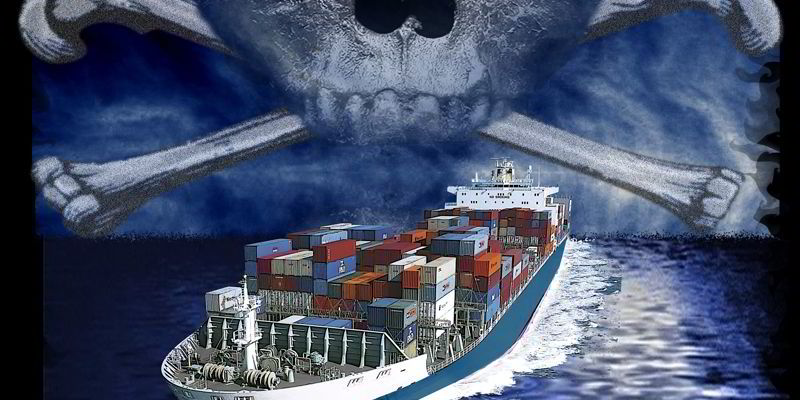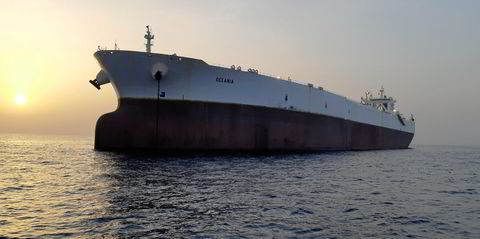Until then, the head of the firm that hiredJeffrey Reynolds and Mark Kennedy says thepublic should not assume the duo overdosed on drugs even though a police reportindicated that drug paraphernalia was found in the cabin where their bodieswere discovered Tuesday afternoon.
“Thereis no definitive documentation that this was an incidence of drug abuse,” Trident Group president Tom Rothraufftold TradeWinds in a telephone interview Friday. “The Seychelles police report alludesto things but doesn’t document anything specifically.
“You can’t judge these guys before there is concrete evidenceabout what went down. It’s unfair to them and at this point, more importantly, it’sunfair to their families. It would be wrong to jump to any conclusions beforethe autopsies are performed.”
Public scrutiny prompts policy review
Rothrauffsays Reynolds and Kennedy, like all of Trident’s sub-contractors, passedextensive physical exams and were screened for drugs before they were hired andwere required to undergo toxicology testing every two years thereafter.
“Peoplemay question that policy but we’ve been in business for 14 years and in allthat time we have never run into an issue with drugs,” he added. “If [the autopsies]come back and show drug abuse, we will immediately change our stance and reviewour drug screening policy.”
In thenear-term Rothrauff says, as a result of heightened public scrutiny, Trident hasstarted to subject its armed guards to random drug tests but notes this is onlya temporary measure since it doesn’t plan to implement permanent policy changesuntil the investigation is complete.
Drug abuse on the rise?
Whenpressed about reports that the abuse of prescription painkillers amongst formermembers of the US military is fuelling a rise in the use of illegal opiates likeheroine and other drugs, Rothrauff told TradeWinds that he does not believe thisis a new trend.
“Theperception is that this is a new issue but it’s always been a problem,especially with guys who suffer from PTSD (post-traumatic stress disorder),” heexplained.
“In thepast you didn’t hear about it as much. Today the difference is that there’s alot more information released to the public. The real rise is in theavailability of information, not abuse.”
While it’stoo early to say whether drugs caused the death of the two armed guards on theMaersk Alabama, Rothrauff was quick topoint out that, even if the duo did overdose, Trident’s security teams have protectedcommercial vessels from more than 60 armed attacks.
“What alot of people forget is that our guys have done a great deal of good, protectedcrews from dozens of attacks and have even prevented the suicide of oneseafarer and saved another from a heart attack,” he said. “It would be wrong tolet our guys be defined by just one incident.”
Background
The1,068-teu containership Maersk Alabama (built 1998), which is operated byMaersk Line Ltd (MLL) of the US, made headlines in 2009 when it was hijacked bySomali pirates and later served as the centerpiece of ‘Captain Philips’, a Hollywoodblockbuster starring Tom Hanks.
As we reported, the bodies of Kennedy and Reynolds were found at around 4:30 Tuesday afternoon when the vessel was docked at Port Victoria in the Seychelles. The ship has since been cleared to leave the port and MLL has ordered an extensive review of the teams hired to protect its ships from pirates.




